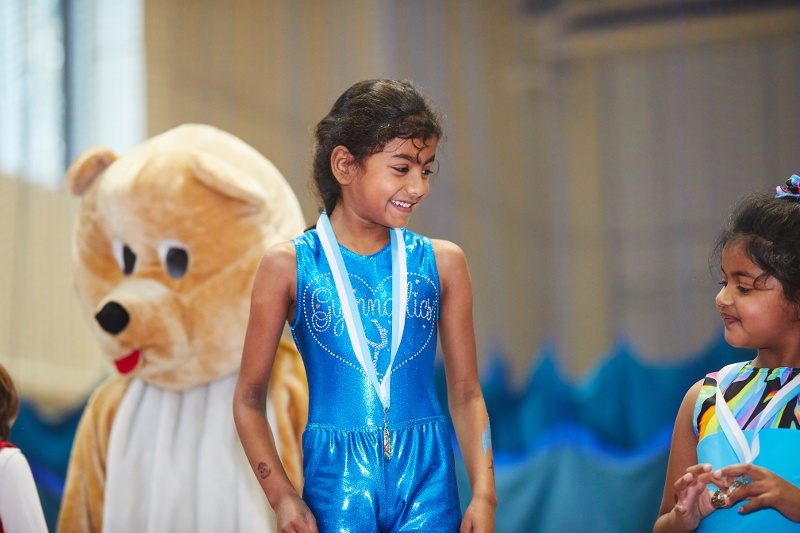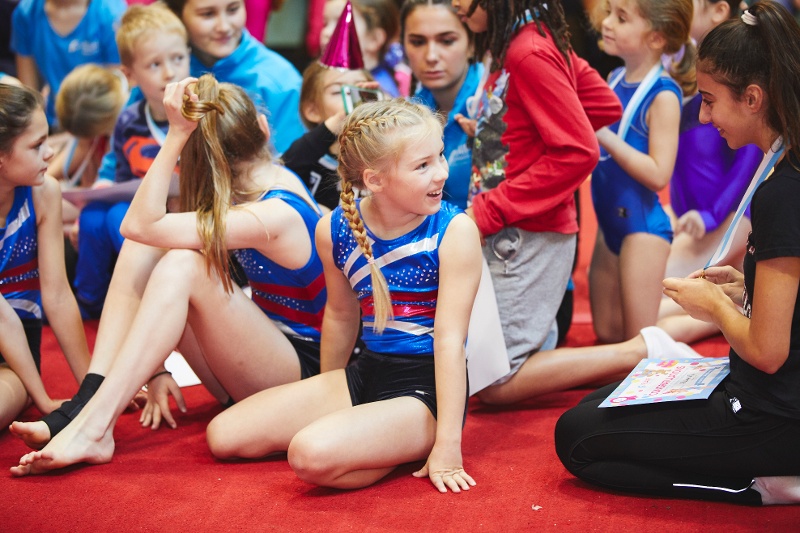Did you watch Channel 4’s ‘Child Genius’ and how did it make you feel? Do you think it’s unfair that families put their children under immense pressure by entering them into a competition where they have to spell impossible words, do advanced mental arithmetic and recall peculiar facts…
 CHILD GENIUS
CHILD GENIUS
Young Contestants
Certainly, it looked like a painful experience at times for these young contestants (aged 8 – 12) but the more I watched the programme the more the message came across loud and clear, that these children are bored at school and are looking for a way to push themselves to the limit. They enjoyed testing their abilities and relished the challenge. Sure, there were a few frustrated tears along the way, when they felt disappointed in their performance but overall they ALL seemed to really enjoy the whole experience. Another thing that I found interesting was that a lot of the parents knew that their children were extremely clever but they had never tested them, so didn’t know exactly how ‘bright’ they were, they were more focused on making sure that their child has a ‘normal childhood’ and it was the children themselves who had begged their parents to be put forward for the competition!
So do you agree with entering your child into competitions? Do you worry about what will happen if your child doesn’t win a medal? Will it dent their confidence and take away their motivation? Is losing, an experience you should shield your child from? I don’t think so, in fact I believe that some of the best achievements come not through winning but through losing, and using it as a vehicle for growth.
 COMPETITION IS GOOD FOR YOU
COMPETITION IS GOOD FOR YOU
Why are gymnastics competitions good for your child?
Competition is known to develop vital life skills including confidence and self esteem. And it is from that confidence that your determination grows, and your desire to be the very best that you can be. What is really important to note though is that the element of competition that is really important is NOT the winning (or even, as the old saying would have us believe, the taking part). What’s important is the STRIVING – the working towards a goal. Although this goal can be a competition, it can also be a personal goal that involves becoming better at what you’re doing.
 BRAVE YOUNG COMPETITORS
BRAVE YOUNG COMPETITORS
What can we learn from failure?
During a competitive activity we are competing against both other people and ourselves – any activity can be competitive if we aim to continually better ourselves at it and achieve new “personal bests”, whatever the activity. Attempting new things, or even striving to become better at something we can already do, is difficult, and there are times when we won’t do as well as we want – when we fail. But practice at failing can actually make it easier next time round. Although it can be crushing to see our child “fail” or not win, as parents we do our children a great favour by allowing them to be in situations where this happens. A qualification to this statement though is that we have to give them the tools to use these “failures” as learning experiences. So we need to allow them to talk it through, to ask themselves the questions of “What can I do different next time?” and “What did I learn from competing here?” We need to help them understand that next time they can use what they’ve learned from this time to move them forward. These are all skills that they’ll carry with them into adulthood. Failure must always be viewed as ‘feedback’, it can then be seen as a positive outcome. The difference between successful people and others is that they fail more times than anyone else – because they attempt things more! Successful people choose to embrace failure. In fact, failure is ‘THE’ reason to continue: to strive to do better, to learn, adapt and go again until you find a way to succeed.
The sweet taste of success.
Eventually anyone who takes on a goal or challenge will win, or will achieve a goal or a personal best. These moments are SO much sweeter if they’ve been hard won! In a world where a common philosophy is that everyone’s a winner, and everything is “awesome”, those that have achieved REAL success know what it really feels like. Children aren’t stupid – they know when they’ve done well, and they feel the confidence that comes with that real success. With confidence we grow in emotional resilience so when things aren’t going well at some point in the future they have an inner ‘knowing’ that they’ve done well before and can do so again. True confidence is knowing that you can.
Failure equals success
The number one question I would ask you to ask your child if they get upset or angry at losing or not winning a prize/competition is “Have you enjoyed the process up until this minor disappointment?” Also ask yourself: does your child enjoy their classes, do they have fun doing the training and love learning? If they do, be an awesome parent and step back and allow them to fail, or to even risk that they might fail. This is the only place where they can truly grow. Allow yourself to show your child the bigger picture: that in order to WIN, desire for success must be greater than fear of failure – and ultimately in life the only person you are in competition with is YOURSELF. By always striving to be the very best possible version of yourself, the results include the wonderful combination of ‘progress’, ‘happiness’ and ‘confidence’ – which makes you a winner!